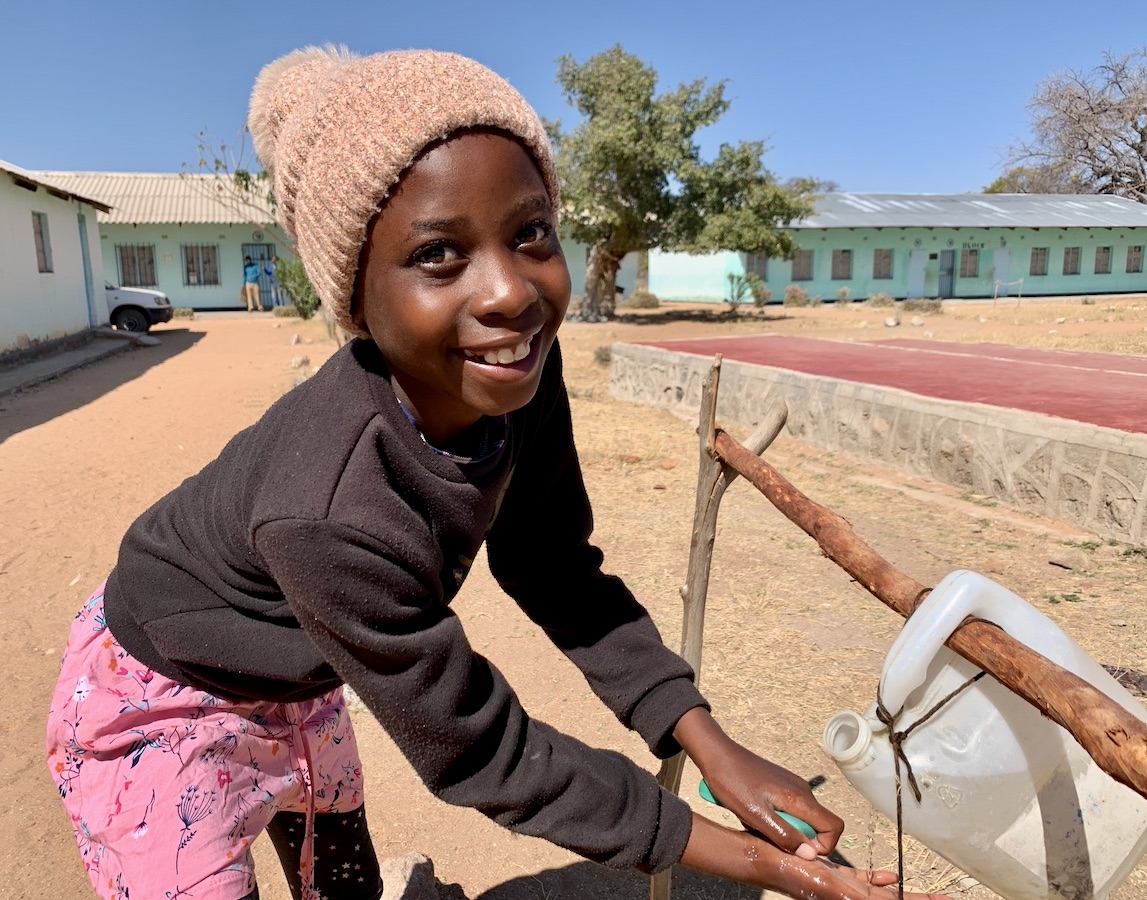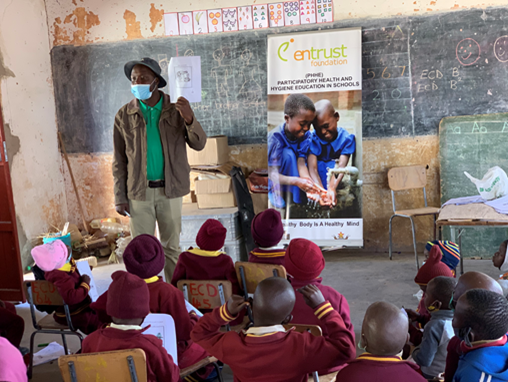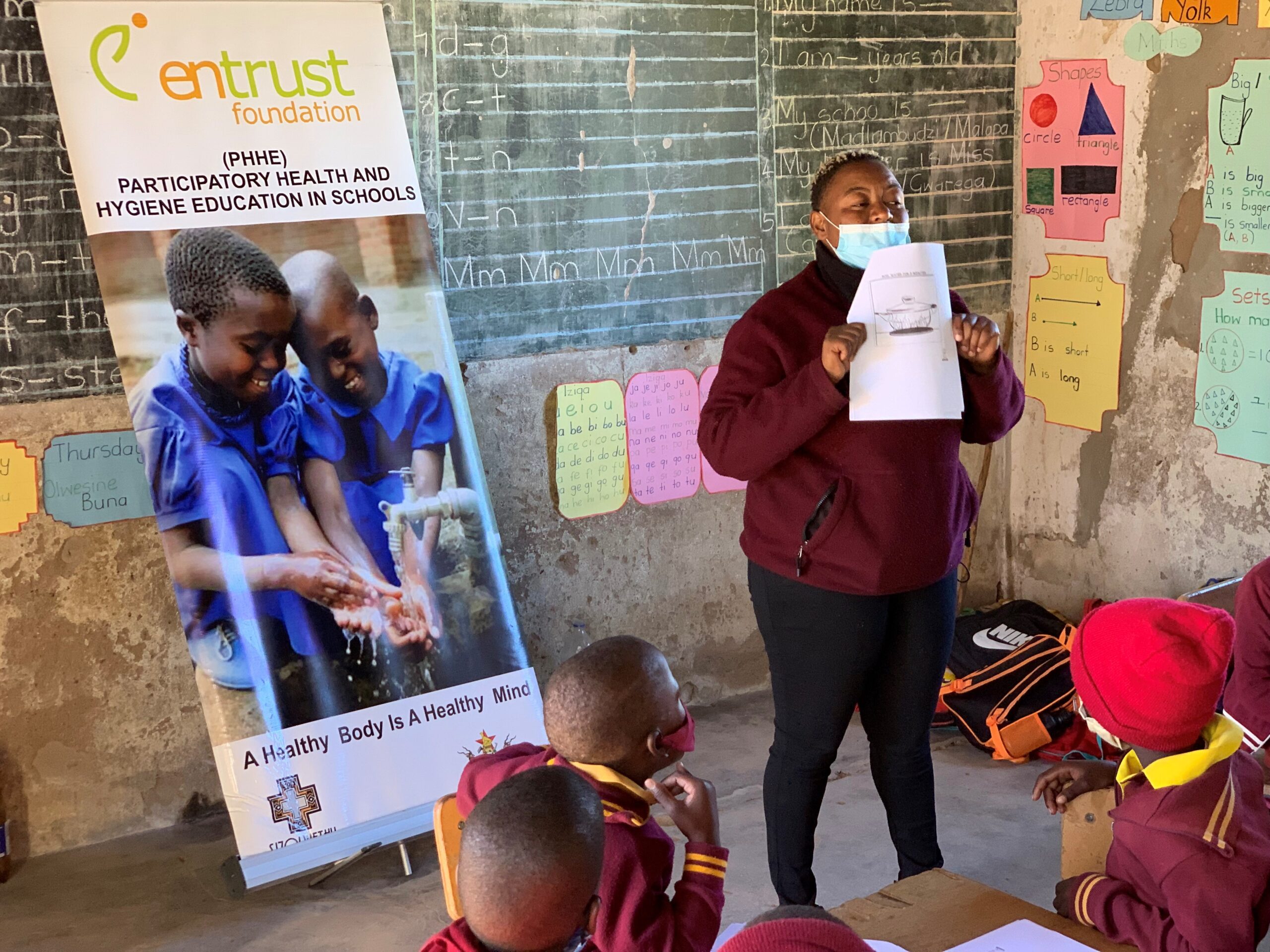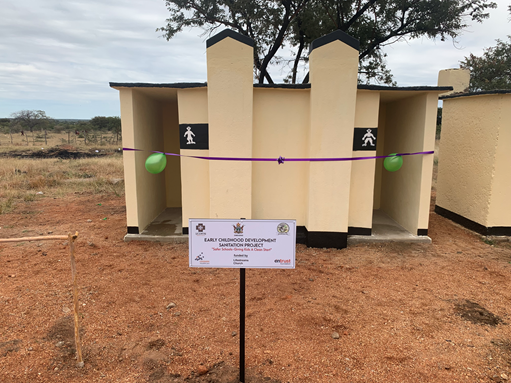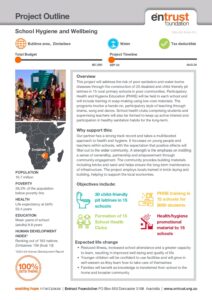School Hygiene and Wellbeing
Code:
ZIM-SIZ-SHW-P01
Country:
ZimbabweCause:
Water & SanitationPopulation:
16.5 millionHuman Dev Index:
#146 (Aus #5)Sep 25
Overview
This project will address the risk of poor sanitation and water-borne diseases through the construction of 20 disabled and child-friendly pit latrines in 15 rural primary schools in poor communities. Participatory Health and Hygiene Education (PHHE) will be held in each school and will include training in soap-making using low-cost materials. The programs involve a hands-on, participatory style of teaching through drama, song and dance. School health clubs comprising students and supervising teachers will also be formed to keep up active interest and participation in healthy sanitation habits for the long-term.
Why support this
Our partner has a strong track record and takes a multifaceted approach to health and hygiene. It focusses on young people and teachers within schools, with the expectation that positive effects will filter out to the wider community. A strength is the emphasis on instilling a sense of ownership, partnership and empowerment through community engagement. The community provides building materials including bricks and sand and helps ensure the long-term maintenance of infrastructure. The project employs locals trained in brick-laying and building, helping to support the local economies.
Budget
$57,000 for a 1yr project
Objectives Include
- 30 child-friendly pit latrines in 15 schools
- PHHE training in 15 schools for 5000 students
- Formation of 15 School Health Clubs
- Health/hygiene promotional material to 15 schools
Expected Life Change
- Reduced illness, increased school attendance and a greater capacity to learn, resulting in improved well-being and quality of life
- Younger children will be confident to use facilities and will grow in self-esteem as they learn how to take care of themselves
- Families will benefit as knowledge is transferred from school to the home and broader community
